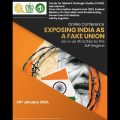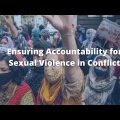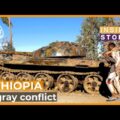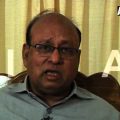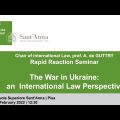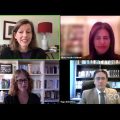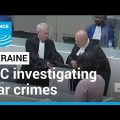Photos and videos from the Kyiv suburb of Bucha show mass graves and the bodies of civilians in the streets. Ukraine has accused Russian troops of genocide, and US Secretary of State Antony Blinken has vowed that the US would use “every tool available” to document the killings and bring those responsible to justice. But how do such investigations operate, and what kind of evidence do they gather? What responsibility – legally, ethically, and politically – do military and political leaders bear in the face of these crimes and how can they be prevented, given what we know about the psychological mechanisms behind such atrocities?
Speakers
Astrid Kjeldgaard-Pedersen, Professor WSR in International Law at the Faculty of Law, University of Copenhagen
Christian Axboe Nielsen, Associate professor of History and Human Security, Aarhus University
Robin May Schott, Senior Researcher, DIIS – Danish Institute for International Studies
Johannes Lang, Senior Researcher, DIIS – Danish Institute for International Studies
Cecilie Felicia Stokholm Banke, Senior Researcher, DIIS – Danish Institute for International Studies
Programme
13.00-13.05 Introduction, Cecilie Felicia Stokholm Banke
13.05-13.15 The Legal Definitions of Atrocity Crimes, Astrid Kjeldgaard-Pedersen
13.15-13.25 How to Investigate Mass Atrocities in Ukraine, Christian Axboe Nielsen
13.25-13.35 Sexualized Violence in War: How can it be prevented?, Robin May Schott
13.35-13.45 The Psychological Mechanisms behind Atrocities, Johannes Lang
13.45-14.30 Q&A, moderated by Cecilie Felicia Stokholm Banke

